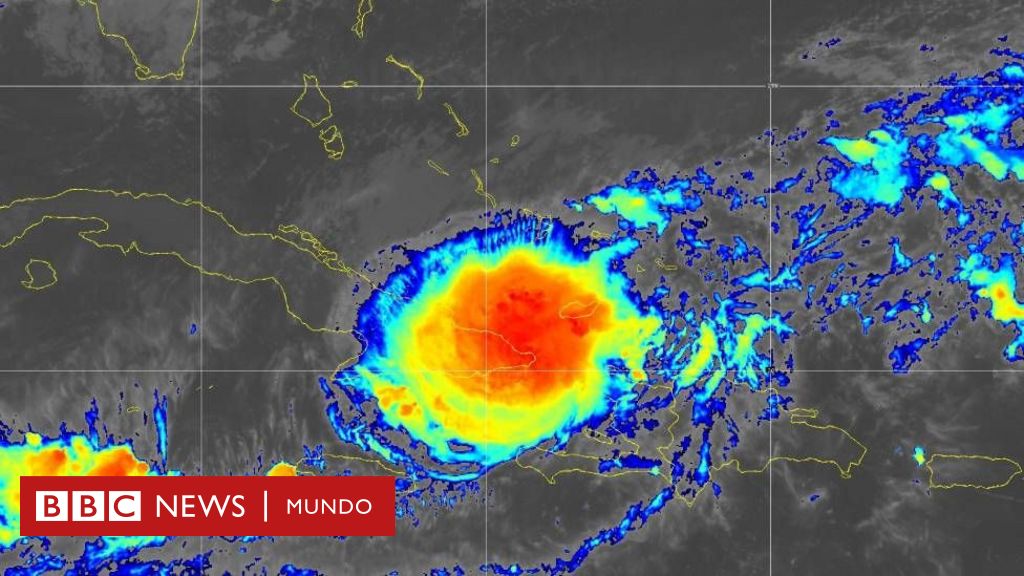The Pope in Christian Education: The Christian is not alone in fighting temptations

On January 3, in his first public audience of 2024, the Holy Father continued his catechism course on “vices and virtues.”
Vatican News
“Spiritual struggle leads us to look closely at those vices that bind us and walk with God’s grace toward those virtues that can flourish in us, bringing the spring of the spirit into our lives.” This was the gist of Pope Francis's thinking at the general audience on Wednesday, January 3, as he continued his new cycle of catechesis on “vices and virtues.” On this occasion think about The spiritual struggle of the Christian.
Read the full Catechism of Pope Francis here
The spiritual life of a Christian is a struggle
In front of thousands of pilgrims who gathered in the Paul VI Hall to listen to his Christian teaching, the Holy Father reminded them that the spiritual life of a Christian is not peaceful, linear, and devoid of challenges, but rather requires constant struggle. Therefore, it is not a coincidence that the first anointing that every Christian receives in the sacrament of baptism – the catechumenal anointing – is unscented and symbolically declares that life is a struggle.
“Indeed, in ancient times, wrestlers anointed themselves completely before competing, either to strengthen their muscles or to render their bodies unattainable in the clutches of an opponent. The anointing of the catechumens immediately makes clear that the Christian is not saved from the struggle: his existence, like all others, must It also descends into the sand, because life is a series of trials and temptations.
Don't get used to living in the dark
In the face of temptations and temptations, Pope Francis pointed out that there are people who constantly exonerate themselves, believe that they are “good” and “right,” and laugh at those who confess their sins. These people, the Pope said, risk living in darkness, because they are accustomed to the darkness and do not They no longer know how to distinguish good from evil.
“We must all ask God for the grace to recognize ourselves as poor sinners in need of repentance, keeping in our hearts the confidence that there is no greater sin than the infinite mercy of God the Father. This is the opening lesson that Jesus offers us.
Christ is God with us
The Holy Father stressed that we see these teachings of Jesus in the first pages of the Gospels, primarily when we are told about the baptism of Christ in the waters of the Jordan River. The Pontiff noted that this incident is somewhat confusing because it is not understood why Jesus had to undergo this ritual. Even the Baptist was so shocked that he asked Jesus to baptize him.
“But Jesus is a completely different Messiah from what John presented and people imagined: he does not embody an angry God and does not call for judgment. On the contrary, he stands on the side of sinners, like all of us. And with all of us so that no one is afraid of him.”
Jesus stands in solidarity with our fragile human nature
Continuing his explanation in the Gospels, Pope Francis indicated that Jesus went into the desert, where he was tempted by Satan. Here again the question arises: Why should the Son of God know temptation? The answer is that in this way Jesus shows solidarity with our fragile human nature and becomes our human nature Great exampleThe experiences that he goes through and overcomes among the barren stones of the desert are the first teaching that he transfers to our lives as disciples.
He experienced what we must also always be prepared to face: life is made of challenges, tests, crossroads, conflicting visions, hidden temptations, and contradictory voices. Some of the voices were so convincing that Satan tempted Jesus by referring to the words of the Bible. It is necessary to maintain inner clarity to choose the path that truly leads to happiness, and then be careful not to stop on the way.
Man is a being open to transcendence
Finally, the Holy Father called us to remember that we are always divided and fighting between two opposites: pride challenges humility; Hate is incompatible with love. Sadness prevents true joy of the soul. Hardness of heart rejects mercy.
“We Christians are constantly walking on these hills. That is why it is important to think about vices and virtues: they help us overcome a nihilistic culture in which the lines between good and evil remain blurred, and at the same time, they remind us that man, unlike any other creature, He can always transcend himself, open himself to God, and move toward holiness.

“Bacon advocate. Certified creator. Twitteraholic. Tv junkie. Beer fanatic. Internet nerd. Passionate thinker. Reader.”






